
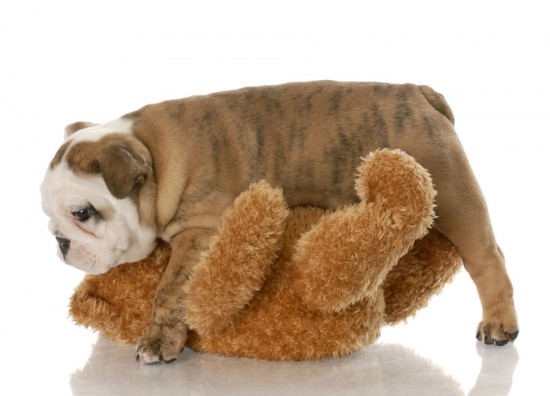
Dogs, both male and female mount each other and other objects for many reasons, not all of them for mating purposes.
E.g. mounting aggression, in play, for attention, to show dominance, in excitement, in puberty, when they are stressed or anxious.
Mounting in puppies is a natural process of growing up and most will grow out of this by puberty, on the other hand puberty could bring on mounting behaviour. Generally it is a dominant repetitive behaviour, which needs diffusing. If the dog is excited or agitated mounting may be a way for it to diffuse this by itself.
Mounting legs, arms, cushions or fluffy toys is also considered normal behaviour but not one that is acceptable in most cases, it is a lack of social contact and interaction with other dogs.
This can happen whether a dog has been neutered or is whole. It is equally prevalent in female dogs as in male dogs. Mostly with females it is a sign of dominance or wanting to dominate.
Wherever possible remove the object of the dogs desire and give a firm 'no'. Give the dog some other form of mental stimulation, e.g. have him find something you have hidden or maybe get him to find his favourite toy for you to throw. Take him for a long walk to give him another natural outlet for his energy.
A simple, positive 'no' should suffice if not try to avoid negative reinforcement by petting or stroking your dog. Ignore him for a few minutes and if he does not mount then praise him. That way he won't think he is being given the attention he may be craving unless he stops the mounting. When you have told him 'no', avoid physical contact with him also as he might see this as a reward.
Each time he mounts an object, be it a leg, an arm or fluffy toy or the neighbours cat, again with the positive 'no' then isolate him for a few minutes each time until he gets the message. Most dogs do not like being isolated and he should grasp the idea that what he is doing is unacceptable fairly quickly. Do this every time and make sure the dog is ignored during this isolation.
Owners may mistake the mounting for a sexual behaviour, they fail to evaluate the context in which the behaviour occurs. Is the dog over excited? Is the dog stressed? Is the dog agitated?
Try and see what the trigger is for your dogs behaviour and then do everything you can to avoid him getting into the situation that brings on the mounting behaviour. If he seems to be getting into a situation that is likely to result in a mounting episode take him out, even just into the garden and have him chase a ball or toy, anything to take his mind off his intentions, then praise him, play with him but avoid unnecessary contact until he has calmed down after his game.
Poor socialisation of puppies with their own species is a common cause of mounting. They are taken from their mothers at a young age and in general associated mostly with humans, this is not a criticism but a fact, therefore puppies tend to mount anything. They will and do grow out of this given the right positive re-inforcement.
Any species can be a potential target, cats, people, pigs, legs, feet etc.
Castration does not always cure or eliminate mounting but is a logical first step.
Excessive petting and stroking could bring on the problem. This does not mean never petting or stroking your dog or giving it a cuddle when it has done something extra good, it just means, know your dog and how far you can go before he tries to take over and be the dominant part of the relationship. If he sees this as the green light to do whatever he wants then stop immediately and get him calm before even looking at him, let alone making a fuss of him.
Taking your dog for an extra walk a day could alleviate some of the problem, or maybe a longer walk than normal.
Commanding your dog to 'sit or 'down' and then praising it might get it to realise that it gets more attention by not doing something wrong than by following its natural instincts to mount.
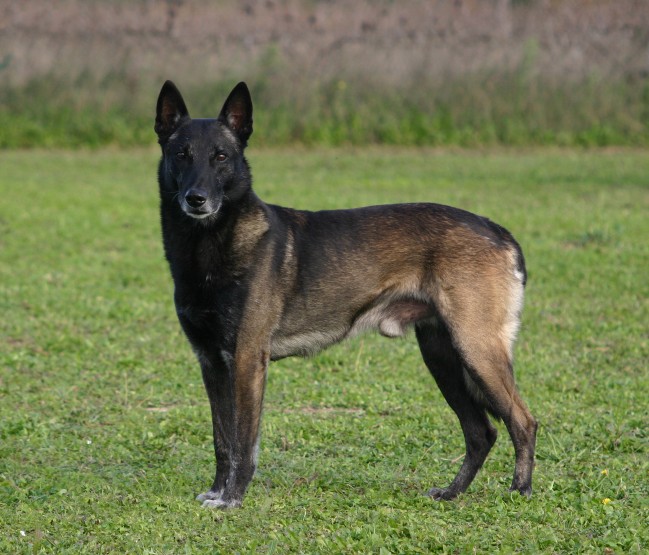 The Belgium Malinois And Epilepsy
The Belgium Malin
The Belgium Malinois And Epilepsy
The Belgium Malin
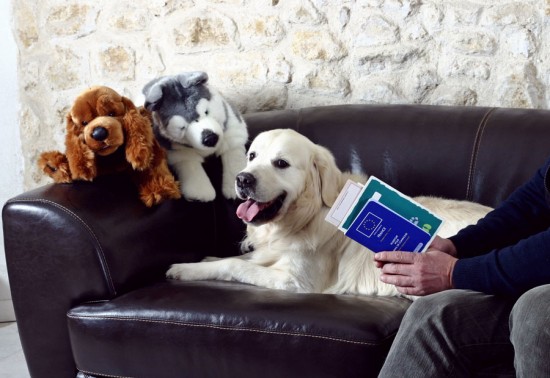 International Travel With Your Pet
International Tra
International Travel With Your Pet
International Tra
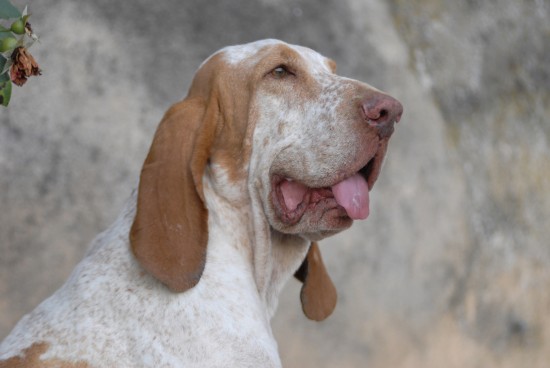 The Bracco Italiano A Robust Breed With Few Health Issues
The Bracco Italia
The Bracco Italiano A Robust Breed With Few Health Issues
The Bracco Italia
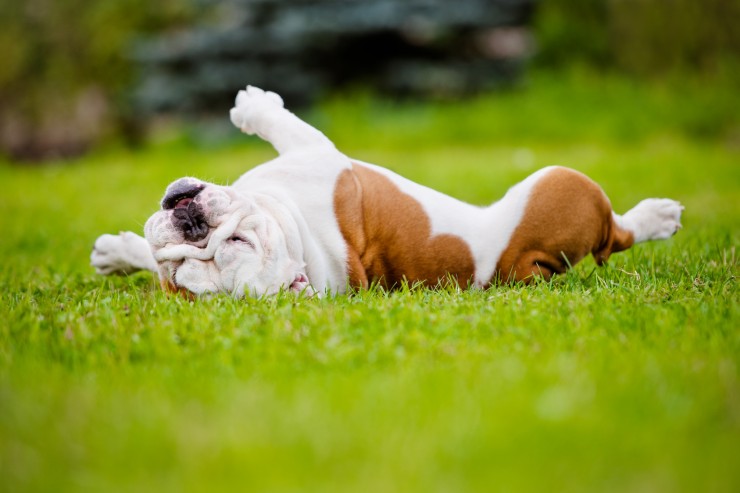 Canine Behaviour Explained - Rolling Around In The Grass
Canine Behaviour
Canine Behaviour Explained - Rolling Around In The Grass
Canine Behaviour
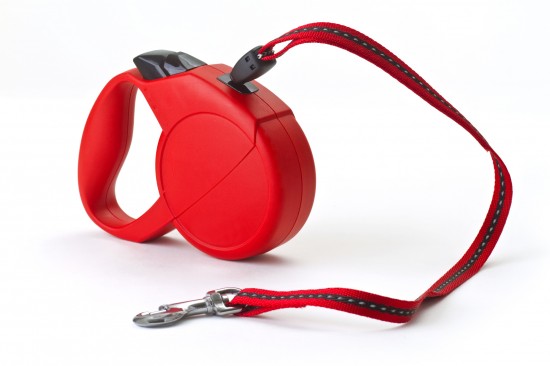 Dogs And Retractable Leads - How To Use Them Safely And Correctly
Dogs And Retracta
Dogs And Retractable Leads - How To Use Them Safely And Correctly
Dogs And Retracta
Copyright © 2005-2016 Pet Information All Rights Reserved
Contact us: www162date@outlook.com